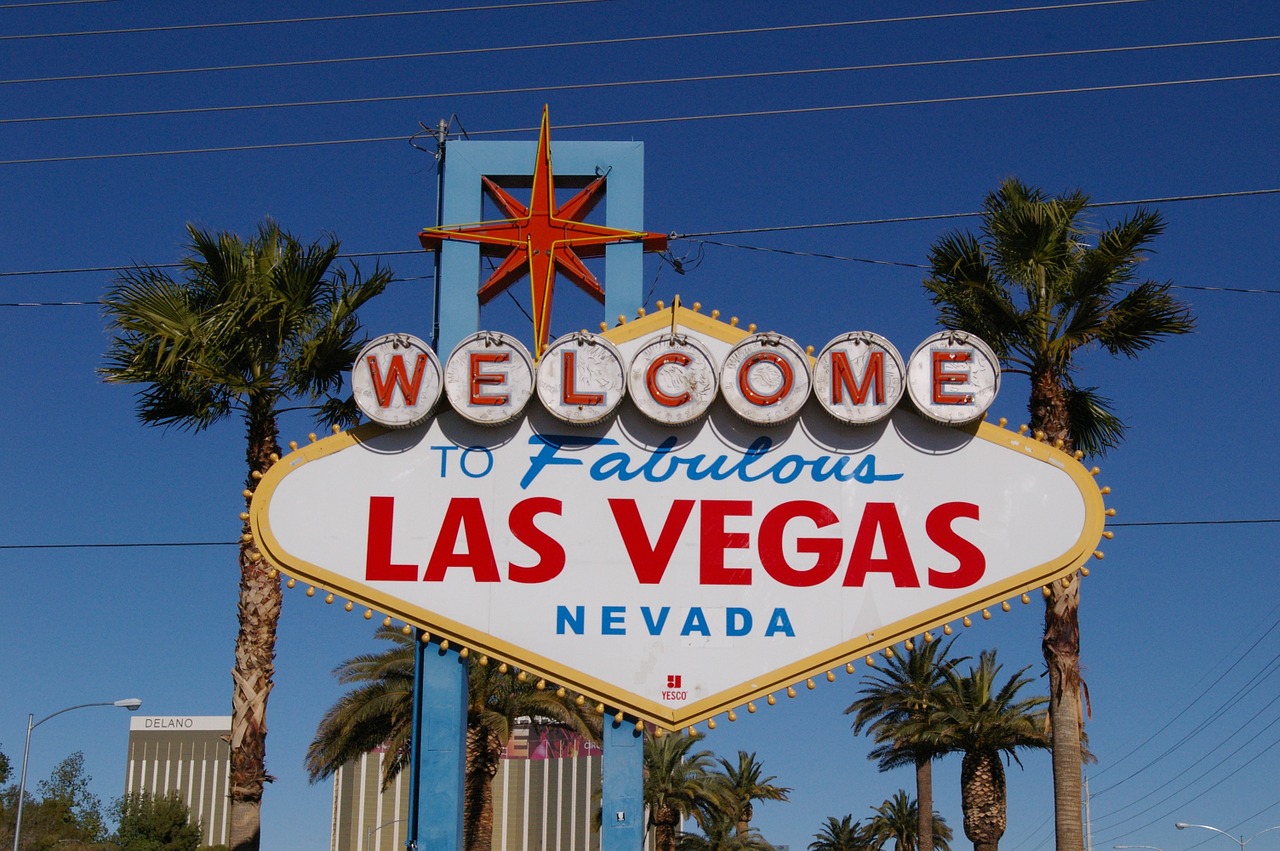The Nevada Gaming Commission has approved the process of remote registration for cashless casino gaming and payment accounts in the state on Thursday.
Cashless gaming, which has become a reality for casinos across Nevada, has been slow to adopt for the customers, many of whom have seen it as an unnecessary hindrance.
To date, customers had to sign up for their cashless payment accounts in person and present a government-issued document at registration, with lines for such registration often being long and waiting times protracting to as long as two hours.
The technology, which is meant to make casino gaming seamless, was, in fact, making it more complicated. Now, the Commission has addressed this issue and, after a prolonged discussion, the decision was made to allow for remote registration starting as early as March 2022.
Sightline Payments Requesting the Change
Sightline Payments — the only payments technology provider that enables two-way cashless transactions for casino gaming — launched its groundbreaking seamless payments system at Resorts World Las Vegas last June.
Ever since the platform’s launch, the company has experienced problems with player registrations and has been lobbying for a change in regulations that would allow customers to sign up for their accounts remotely.
This shift to allow for digital identity verification for wagering accounts allows Nevada’s gaming industry to enhance customer security and the customer experience
The registration process proposed by Sightline does include a provision that the customer must provide a copy of a government-issued document upon registration, similar to the KYC procedures that online casinos and sportsbooks across the world use.
The process that was finally adopted by the Commission will allow customers to create their accounts remotely and provide their IDs virtually, but only for casino play.
“This shift to allow for digital identity verification for wagering accounts allows Nevada’s gaming industry to leverage the best practices from across the financial-services industry to enhance customer security and the customer experience,” said Jennifer Carleton, Sightline’s Chief Legal Officer.
Nevada’s new gaming regulation is in line with federal guidance permitting both new verification methods including knowledge-based authentication, as well as traditional documentary measures such as a customer’s driver’s license or passport. We look forward to working with regulators in gaming jurisdictions across the country to advance similar regulatory innovation.”
Concerns remain that allowing these accounts to be used for sports betting as well could make the Las Vegas casinos less competitive, with the potential for international gaming companies to come into the state, buy out a small casino, and compete on par with the large casinos in Las Vegas.
“The concern with sports betting is that the industry invests billions of dollars in physical buildings and we want people to come to our casinos,” said Omar Sattar, the CEO of Sightline.
The concern has been that if there is fully remote ID verification for sports, a well-funded European company is going to come to Nevada, buy a small casino in Reno or someplace else, get a license, and effectively compete against MGM, Caesars, and William Hill. We completely understand and agree with that.”
Heated Discussion Ends in a Positive Result
According to the people at Sightline Payments, allowing people to use cashless payments to play at casinos leads customers to spend between 12% and 18% more according to their research, as well as tip more.
While the casinos and some Commissioners both understood the value of cashless play and the need to make the registration process more seamless, others were concerned about removing the safeguards of identity verification that previously existed.
In the end, the opinion that remote registration will serve the greater good prevailed, with Commissioner Ben Kieckhefer noting that the registration process will be similar to that used to issue jumbo mortgages, making it as safe as it possibly can be and reducing the possibilities for identity theft to a minimum.
The switch, which will allow customers to register for cashless payments, is expected to happen within the next several months.




